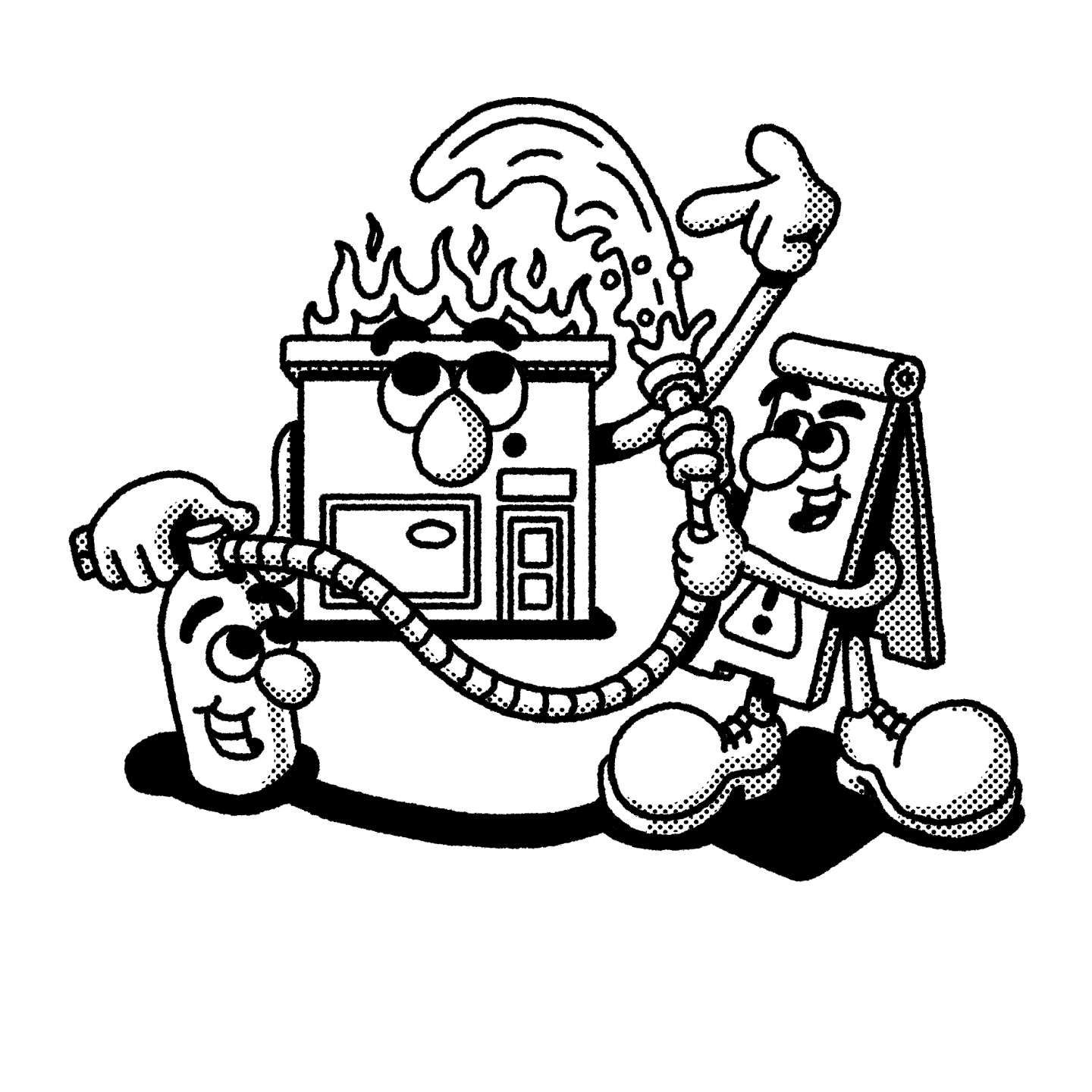Why are endorsements in insurance necessary?
Endorsements are necessary because small business insurance isn’t a one-size-fits-all service. Just as auto manufacturers let buyers add options to a car’s standard equipment package, insurance companies allow small business owners to customize their coverage to meet their unique requirements.
Similarly, some insurance policies have exclusions. Say you want coverage for something your policy excludes; an endorsement can help fill that coverage gap.
Most of the time endorsements are optional, but depending on your location, industry or type of risk, you may need to ask your insurance provider for mandatory endorsements. For instance, many states might require modifications to a workers’ comp policy.
In many cases, an insurer’s “off-the-rack” policy will work fine for your business. But when it doesn’t, you can tailor it to fit your needs. Contact NEXT to ask for an endorsement to be added to your policy’s declarations page.
How do insurance endorsements work?
Your standard policy is a legal agreement where your insurance company agrees to provide funds when you have a covered loss. An endorsement found in an insurance plan is written proof of the modified agreement that adds, deletes or revises coverage.
Although an insurance endorsement is a legally binding change to your insurance policy, you can usually change it again via request to your insurance company.
How do you request an insurance endorsement?
Just ask your broker or insurance company to add it to your policy either:
- Before your purchase.
- When you’re about to renew your policy.
- When you realize your business risks have changed (as long as your policy is still active).
Remember: Your insurance company has a vested interest in serving you well. It will gladly adjust your policy to make it more suitable for your business if possible. Just express your wishes, and the company will see if an endorsement is available.
Learn more about making changes to your policy.
Does it cost anything to add an endorsement?
There’s no fee to request an endorsement in insurance policies. However, if it expands your coverage — meaning your policy will either pay under conditions it wouldn’t have before or it will pay a larger benefit — then the insurer may increase your insurance premium (the amount you pay for your policy).
If your new insurance endorsement results in narrower coverage, making it less likely the insurer will have to pay money on the claim or pay less, then your premium might decrease.
Do insurance endorsements have deductibles?
Sometimes, but it depends on the type of endorsement and your policy’s terms. Some endorsements modify coverage without changing the base policy’s deductible. Other endorsements may have a separate deductible specific to the additional coverage.
When you’re considering adding an endorsement, ask your insurance agent or company if a separate deductible applies.
When should a small business ask for an insurance policy endorsement?
If your business insurance policy doesn’t protect your company from risk because its policy language is too restrictive, talk to your broker or insurer about an endorsement to broaden your coverage.
Here’s a case in point: If your employee uses their personal car to run work errands or make sales calls and they have an accident, you’d have to pay for vehicle damage out of pocket. The solution? You could add a commercial auto insurance policy. Or instead, you could add an endorsement found in an insurance plan called hired and non-owned auto to your general liability insurance. Your liability policy could then provide collision insurance for employees who use personal vehicles on company business.
What are some examples of endorsements you can add to your existing insurance policy?
Dozens of possibilities exist, and here are five of the most common:
- Extending reporting period endorsement for claims made errors & omissions insurance. It’s a mouthful, but this one lets you file a claim even though your insurance policy reporting period has expired. This is also known as tail coverage.
- Equipment breakdown endorsement. This modifies your commercial property insurance so it can pay for equipment repairs or replacement after power surges, loss of air pressure, electrical malfunctions or other problems.
- Accounts receivable endorsement. Add this to enable commercial property insurance to help cover financial shortfalls due to customers failing to pay their bills on time.
- Electronic data processing (EDP) endorsement. Request it to expand your business owner’s policy (BOP) to help cover electronic data loss after a power outage, flood or other natural catastrophe.
- Additional insured endorsement. This endorsement extends the coverage of an insurance policy to another party, such as a client or landlord, protecting them against some claims related to the policyholder’s operations.
These are examples of templated endorsements, meaning ones that insurers have ready-to-go to add to your coverage. However, if your policy has an unusual gap that doesn’t have a template, ask your broker or insurer to develop a customized endorsement for your company.
Have your business insurance needs changed?
Small businesses evolve. So do their insurance needs. Check with us to make sure you don’t have an insurance coverage gap that an endorsement can easily fill.
NEXT provides affordable, custom coverage. We have policies for more than 1,300 small business professions. We can help provide your small business with just the protection you need.
Start a quote, customize your options and access your proof of insurance in about 10 minutes.
Get a free instant quote.













